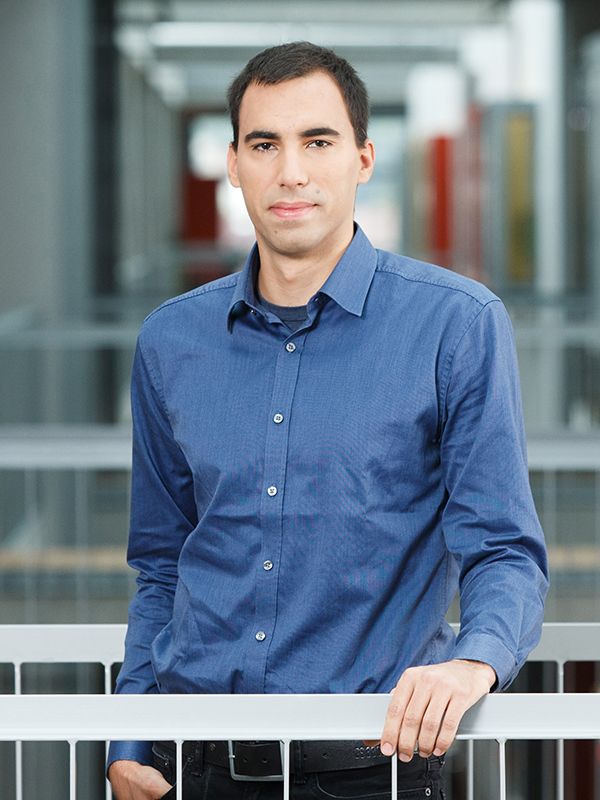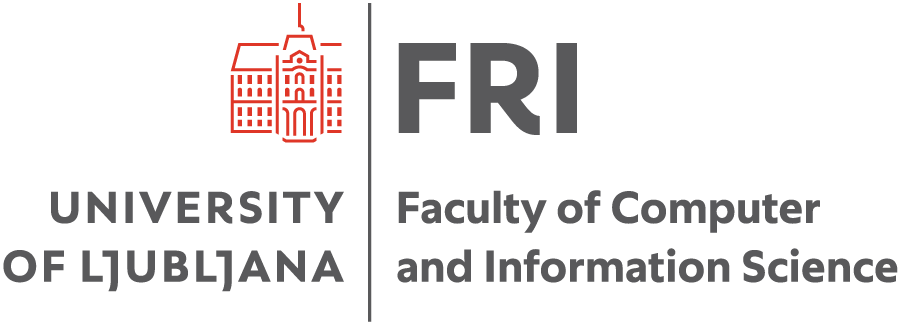- Credits:6
- Semester: winter
- Contents
- Introduction and overview of the field.
• Basics of sound and computer based production:
o physics (amplitude, frequency, phase, speed, interference, resonan-ce, power, other wave phenomena);
o mathematics (Fourier theory, sampling theory, convolution, corre-lation, Hilbert transform, Gabor’s acoustic quant and transfrom, etc.);
o physiology and psychoacoustics (aural perception, frequency range, indirect perception by various anatomical structures, the role of harmonics, localization, masking, critical bands, environment-tal effects, latest neuroscience research results in this domain).
• Electronic and network principles of sound processing: analog and digital signal, (quantization) noise, medium / device bandwidth, amplification and attenuation, analog to digital, and digital to analog conversion, distortion, filtering, types of microphones, signals capturing processes.
• Sound generators: synthesizers (additive synthesis, subtractive and frequency modulation synthesis…), samplers.
• Computer based recording: capturing of coded sound (sequencers), capturing of sampled sounds (with direct-to-disc recording).
• Standard studio components: mixing consoles, limiters, compressors, reverbs, noise reducers, pitch correction tools, equalizers.
• Protocols and algorithms in computer-based production: MIDI, IEC-60958 (AES / EBU), S/PDIF, AC-3, E-AC-3.
• Synchronization mechanisms: MTC, SMPTE, video, computer games and movies integration.
• Programming standards: interfaces (VST / Steinberg, DirectX / MS), formats (wav, MP3, Ogg), sampled sounds (SoundFont).
• Contemporary sound reproduction (network streaming technology, protocols RTP, RTCP, RTSP), advanced 2D and 3D production (systems 5.1, 7.1, Dolby Atmos).
• Professional tools and their application (Steinberg-Yamaha, Twelve Tone Systems – Roland - BandLab, open-source solutions).
• Latest trends – artificial intelligence and machine learning in sound production (concrete applications of ML in computer sound production).
Addendum: Mini practical tasks covering the latest technological issues or specific issues not covered at laboratory works.
- Study programmes
- Distribution of hours per semester
- Professor


